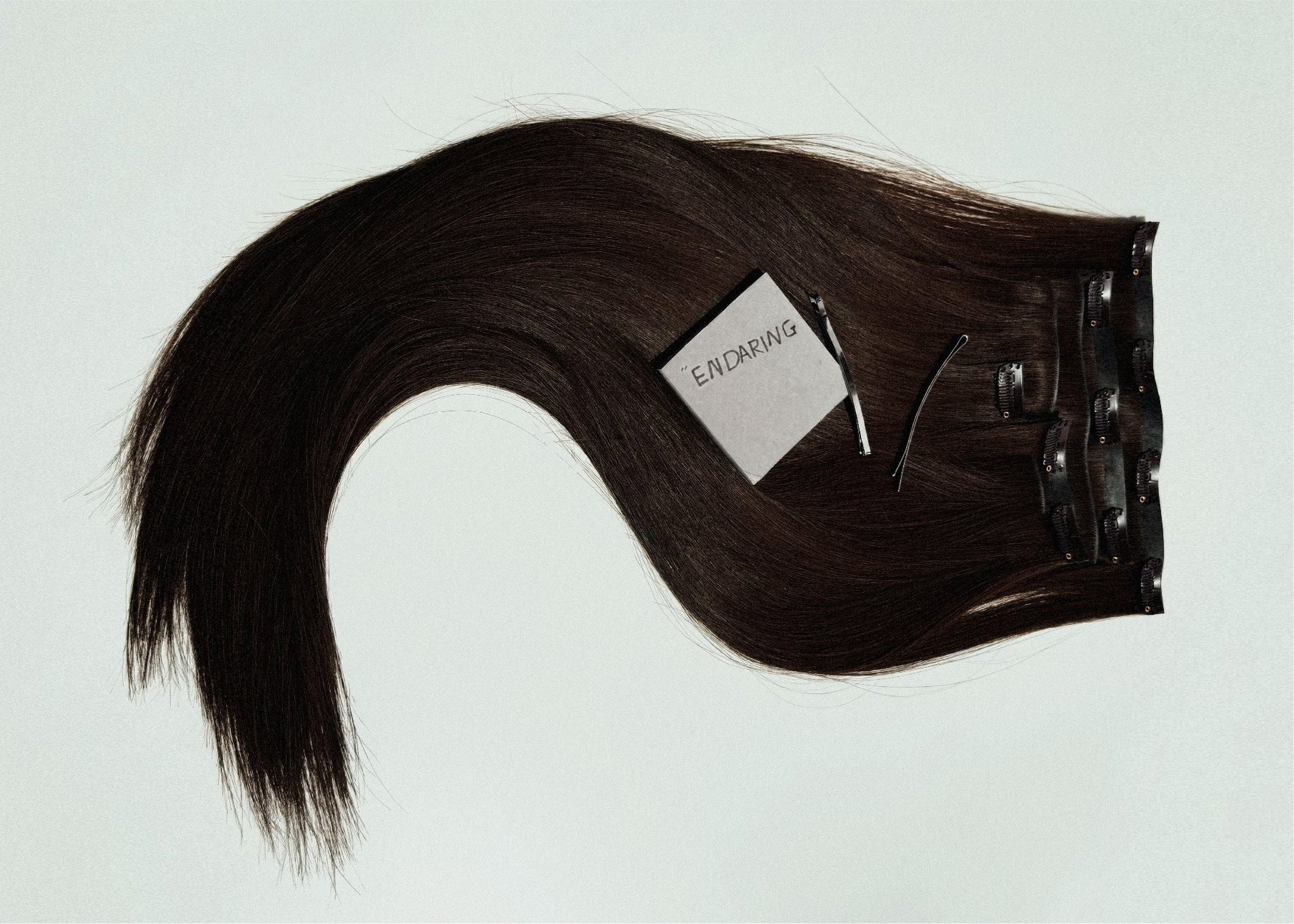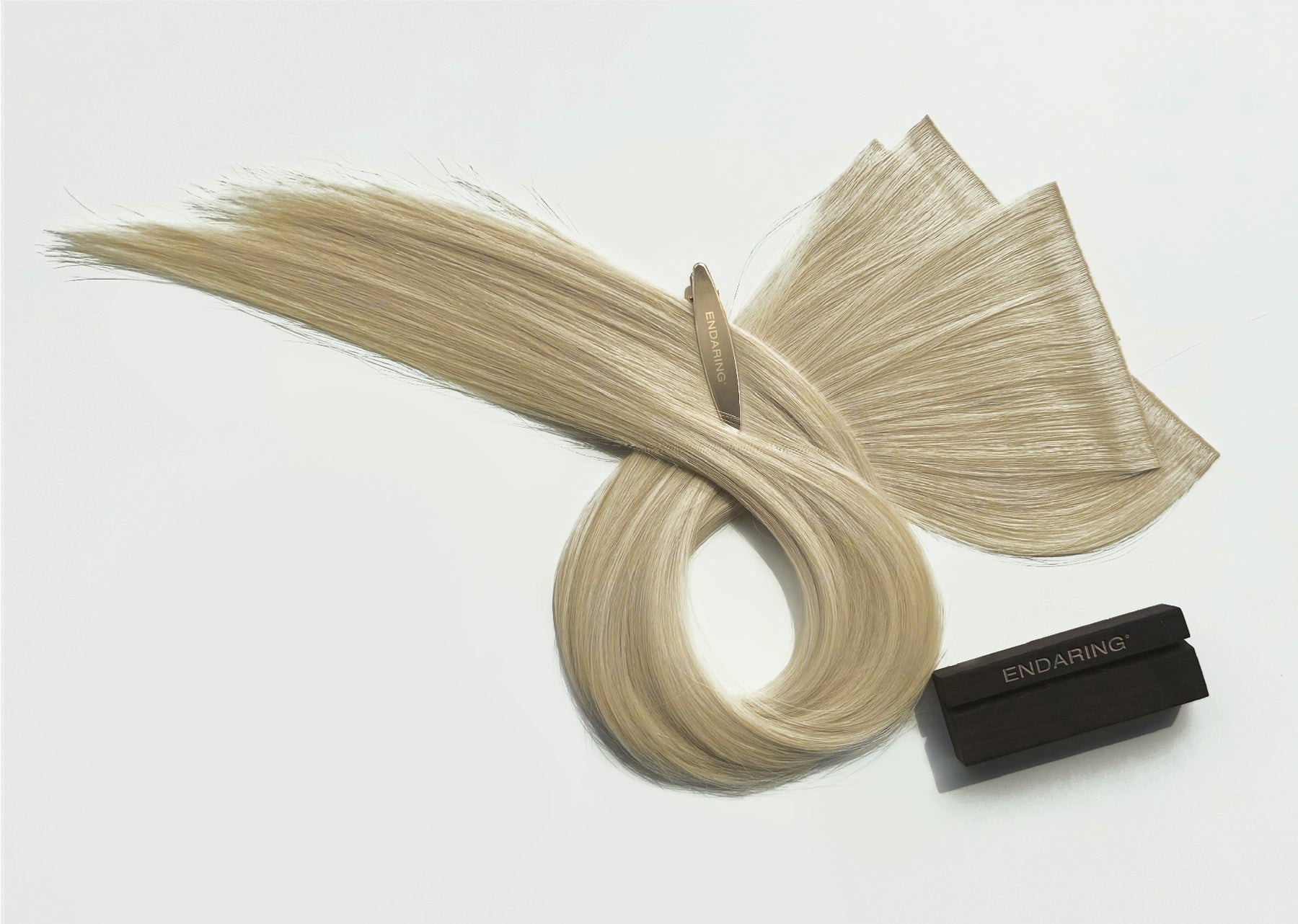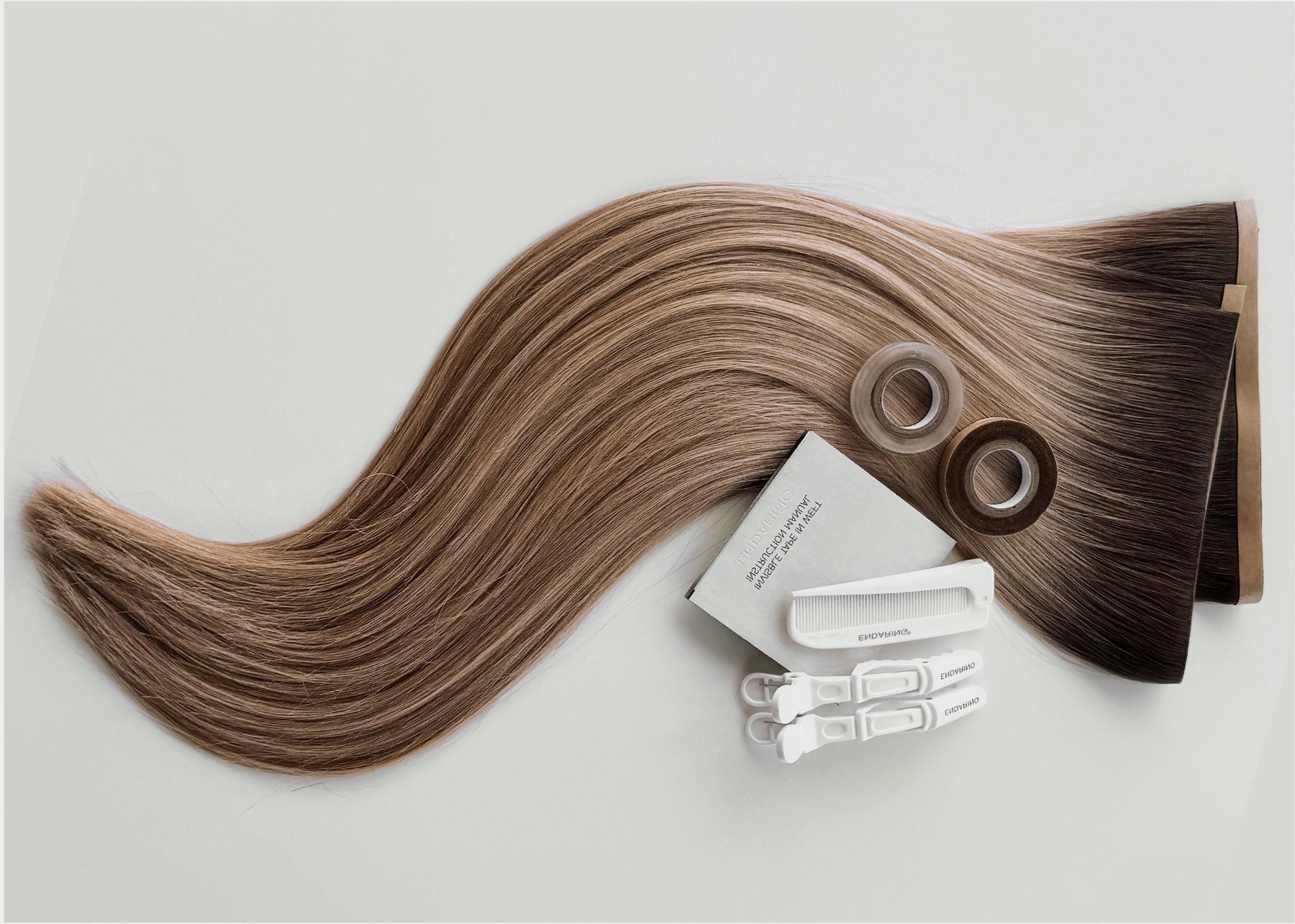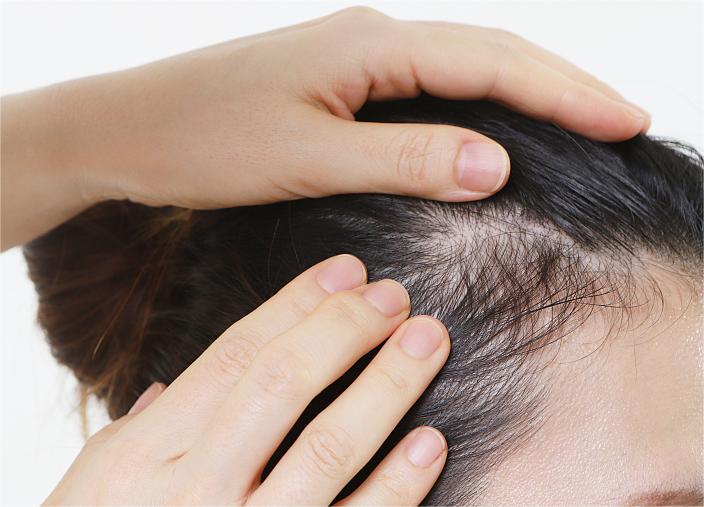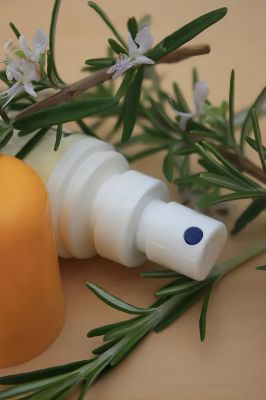You're at the beach, the sun is warm on your skin, and the waves are calling your name. As you dive into the salty embrace of the ocean, a question niggles at the back of your mind-is salt water good for your hair, or is it wreaking havoc on those precious strands?
In this deep dive into the world of hair care, we're breaking down the effects of salt water on your locks.
Exploring the Effects of Salt Water on Hair Health
The salty allure of the sea has a unique relationship with your hair. We'll delve into the chemistry behind this interaction and examine what happens when salt water meets your strands. But is salt water really a friend or foe? Let's find out!
Salt's Interaction with Hair Proteins and Moisture:
When you step into the ocean and your hair comes into contact with salt water, a fascinating chemical interaction takes place. Salt, or sodium chloride, has an osmotic effect on your hair's natural proteins and moisture content. It draws water out of your hair strands due to the higher salt concentration in the ocean water compared to the natural fluids within your hair. This can lead to temporary changes in the structure of your hair, affecting its texture and behavior.
The Positive: Volume and Texture Enhancement:
One of the upsides that many beachgoers adore is the effect of salt water on hair texture. The removal of excess oils and the slight dehydration caused by salt can lend a noticeable boost in volume and create those coveted beachy waves. This is often why people seek out salt sprays or texturizing products to replicate the effortlessly tousled look. The salt-infused environment strips away the weight and sleekness of your hair, resulting in a carefree and voluminous appearance.

The Negative: Dehydration and Brittle Strands:
However, there's a downside to this salt-induced transformation. As your hair loses moisture due to the osmotic effect of the salt, it becomes more vulnerable to damage. Dehydrated hair is prone to becoming brittle, coarse, and even more susceptible to breakage. Over time, repeated exposure to salt water without proper care can lead to split ends, frizz, and an overall lackluster appearance. It's important to remember that while those beachy waves might be the short-term payoff, the long-term health of your hair is equally vital.
Myths and Facts: Separating Truth from Tide Tales
Ah, the myths that swirl around salt water and its impact on hair. Get ready to have those preconceived notions washed away as we sift through the truths and debunk the myths.
Myth: Salt Water Accelerates Hair Growth:
One of the prevailing myths surrounding salt water and hair is the notion that a dip in the ocean will lead to Rapunzel-worthy hair growth. However, it's important to ground ourselves in reality. Salt water doesn't possess any magical properties that stimulate hair follicles or accelerate growth. Hair growth primarily depends on factors like genetics, hormones, and overall health. While the salt water experience might feel invigorating, it's not a shortcut to longer locks.
Myth: Salt Water Can Replace Shampoo:
Another commonly held misconception is that salt water can serve as a natural substitute for shampoo. It's true that salt water can help remove some dirt, oil, and product buildup from your hair. However, relying solely on salt water for cleansing is far from ideal. Shampoo serves a critical role in breaking down oils, removing pollutants, and thoroughly cleaning the scalp. Over time, the accumulation of salt and minerals from repeated salt water exposure can lead to a different problem altogether – weighed-down, lackluster hair that feels heavy and dull.
Tips for Taming the Salt Water Beast
From pre-swim preparations to post-ocean care, we've got the ultimate guide to ensure your hair stays as dazzling as those sunsets.
Rinse Before You Dive:
Embracing the ocean's allure doesn't mean you have to surrender your hair to the salt water's clutches without a fight. Before you venture into the waves, give your hair a thorough rinse with fresh water. This serves a twofold purpose – it dampens your hair, creating a barrier that minimizes the amount of salt it can absorb, and it helps remove any loose particles or impurities that might interfere with the salt water's interaction. Think of it as creating a protective shield before diving into the salty embrace.

Post-Swim Care: Gentle Shampoo and Cleansing:
After you've had your ocean adventure, it's time to show your hair some post-swim love. Opt for a gentle, sulfate-free shampoo that effectively removes residual salt without stripping your hair of its natural oils. A gentle shampoo ensures a thorough cleanse without further exacerbating the potential dryness caused by salt water. Massage the shampoo into your scalp and hair, paying attention to areas that were most exposed to the salt. This step is vital to prevent any buildup that might weigh your hair down over time.
Replenish and Revive: Nourishing Conditioner:
Following the shampoo, it's crucial to replenish the moisture that salt water can deplete. Reach for a nourishing conditioner that matches your hair type and needs. Apply the conditioner from mid-length to the ends of your hair, where the effects of salt water are most pronounced. Allow it to sit for a few minutes before rinsing. This step not only restores lost moisture but also helps detangle your hair, leaving it more manageable and less prone to breakage.
Deep Conditioning: A Restorative Ritual:
For an extra dose of care, consider incorporating deep conditioning treatments into your routine. These treatments provide intensive nourishment and repair to counteract the dehydrating effects of salt water. Look for deep conditioners infused with hydrating ingredients like shea butter, coconut oil, or argan oil. Apply the treatment as directed on the packaging, focusing on the lengths and ends of your hair. You can enhance the treatment's effectiveness by using a shower cap or wrapping your hair in a warm towel to allow the product to penetrate deeply. Rinse thoroughly after the recommended time to reveal softer, revitalized strands.
The Salt Water Hair Product Conundrum:
The beauty industry often capitalizes on the allure of salt water by creating products infused with its essence. Salt sprays, texturizing mists, and even shampoos claim to replicate that effortlessly tousled beach hair. While these products can provide temporary styling benefits, they might not always be the best choice for long-term hair health. The salt content in these products can still have a drying effect, especially if used excessively. It's crucial to use these products mindfully and ensure you're also providing your hair with the moisture it needs.
Colorful Mane, Salt Water Stains?
The Challenge for Colorful Hair: Fading and Salt Water:
Vibrant hair colors are a statement, an expression of personality and style. But when the allure of the ocean calls, the concern of color fading under the sun and salt water becomes real. This is a valid concern since salt water, with its dehydrating effects, can contribute to color fading and loss of vibrancy. The salt content interacts with the hair's pigments, potentially leading to premature color dullness.
Color-Protecting Products: Your Colored Hair's Best Friend:
Invest in color-protecting hair products specifically designed for maintaining colored hair. Color-safe shampoos and conditioners are formulated to gently cleanse and nourish while minimizing color loss. These products often contain UV filters that shield your hair from the sun's rays, which can also contribute to color fading. Consistently using these products can significantly extend the life of your vibrant hues.



